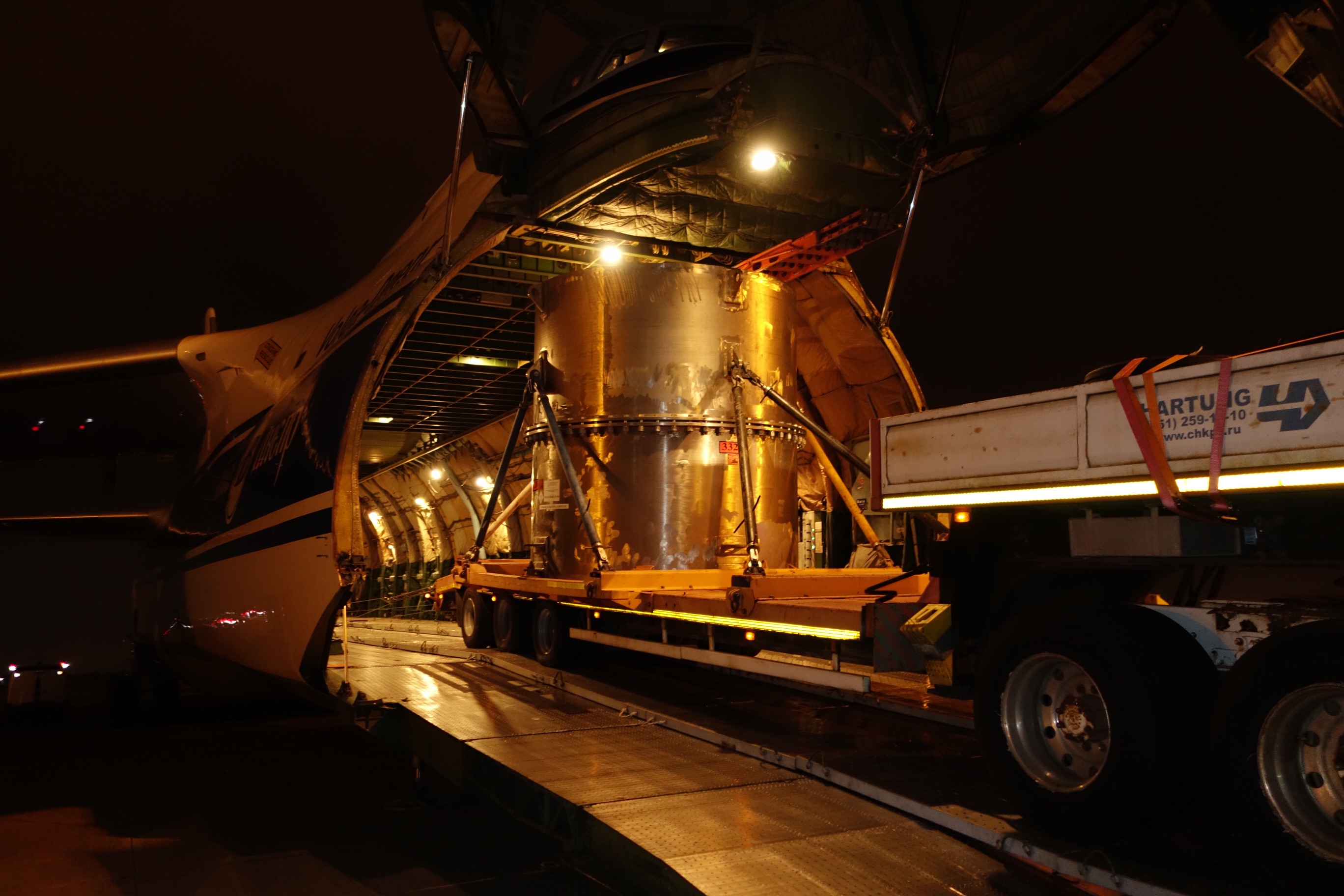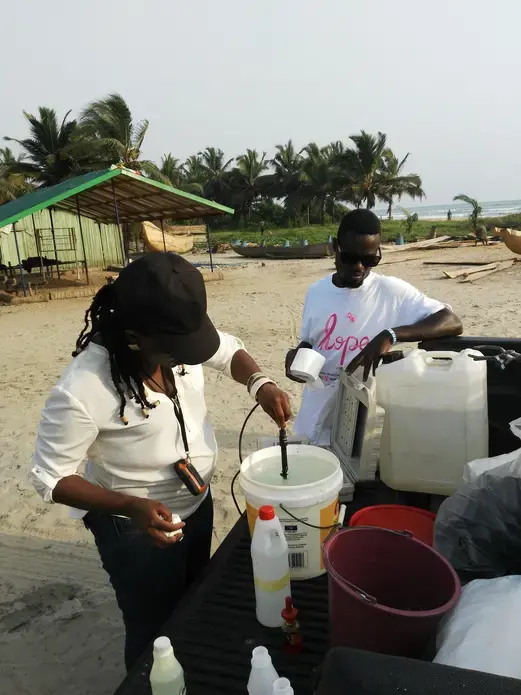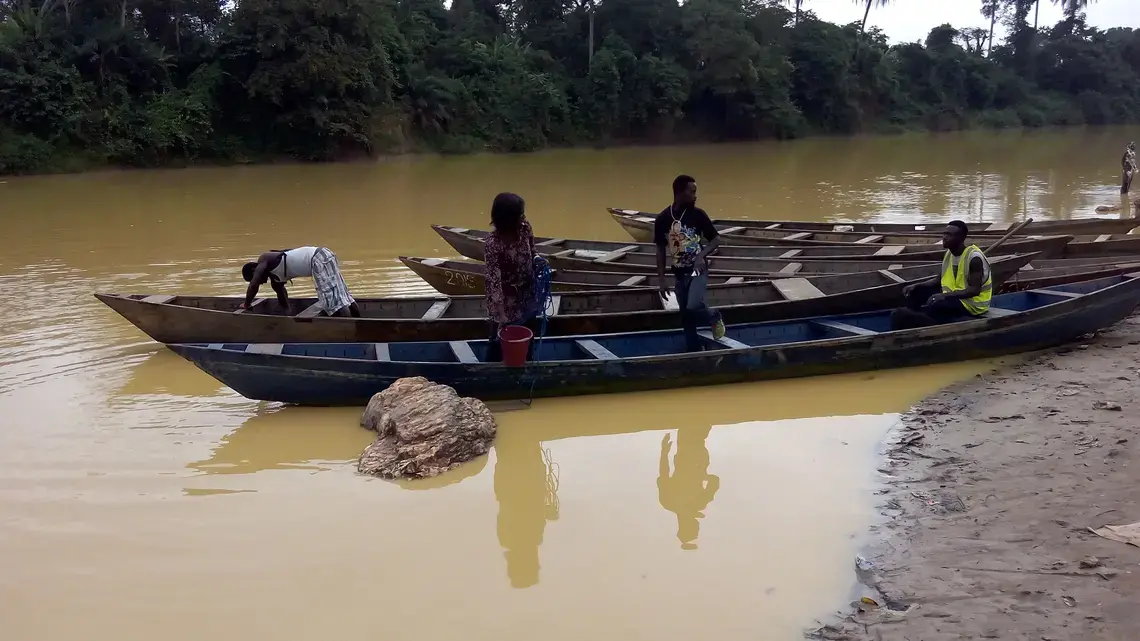I suppose you could call Adwoba Edjah the female Indiana Jones of nuclear physics. At least not very many scientists in this line of work have had guns pointed at them. She has.
In September 2016, Edjah, a PhD student at the Ghana Atomic Energy Commission, was sampling groundwater in the lower Tano River basin, near the border with Ivory Coast. She uses a research reactor in Accra, Ghana's capital, to probe isotopes in the water to assess how contaminated it is. Scattered across the basin are scores of artisanal gold mining operations, which in Ghana are called "galamsey." Many of these operations are illegal, and nearly all are unregulated. Pollution – especially mercury and other heavy metals – seeping from those mining sites has become so pervasive that scientists held a workshop here over the summer entitled the "Galamsey Menace."
One day, Edjah and three companions were going about their business, taking water samples, when eight armed galamseyers surrounded them. "I was scared," Edjah says. But she speaks Nzema, the local language of southwestern Ghana, and was able to reason with their captors. "In Ghana, when you speak someone's language, they treat you like family," she says. "They let us go." In fact, once the galamseyers understood that mining contamination could harm them and their families, and that Edjah's research is meant to document the contamination, they warmed to her – and even showed her where to sample.
Galamsey has a long history in Ghana, but until recently "the bad effects were minimal," says Enoch Asare, head of the groundwater division at Ghana's Water Resources Commission. He blames recent spikes in groundwater contamination on an influx of Chinese entrepreneurs who, he contends, "have paid off the locals." The Chinese mining overlords have brought in excavators and other heavy machinery to more systematically and aggressively strip away soil to find gold deposits and to smelt on site. (Chinese nuclear scientists, in contrast to their unscrupulous compatriots, led a landmark effort to remove bomb-grade uranium from Ghana, as I reported in the September 1 issue of Science.)
Galamsey "has become a very challenging situation for us," Asare says. "These operators know what they are doing is wrong." And with serious money at stake, he says, "Anytime we go there, we feel that our lives are in danger."











